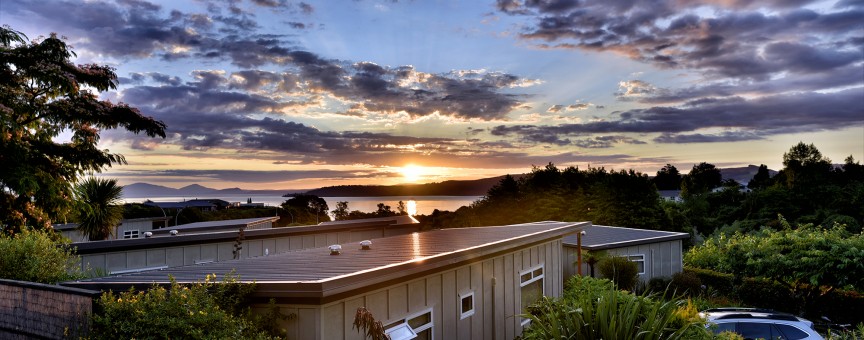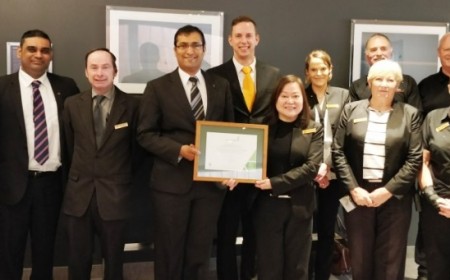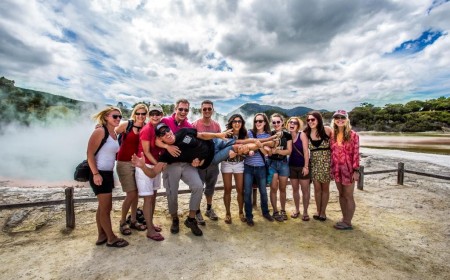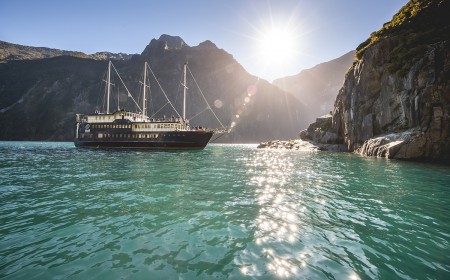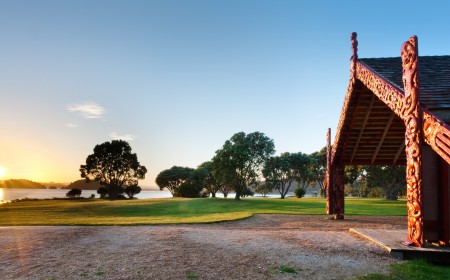Taupo DeBretts Spa Resort lead the way for a Predator Free 2050
Taupo DeBretts Spa Resort has taken initiative in creating a pest free environment, with the goal of creating a safe haven for native flora and fauna to thrive.
Key Learnings
- DeBretts collaborated with a large range of stakeholders to set up an efficient and effective system to catch pests.
- The traps started small, mainly catching mice and rats, but have now grown to catch larger predators such as stoats and possums.
- Over 70 bait stations and 9 DOC traps have been set up across the site.
- DeBretts share the information recorded from their traps with other organisations working towards the Predator Free 2050 goal, in an effort to help educate and inform others.
The Goal
Taupo DeBretts Spa Resort has taken initiative in creating a pest free environment, with the goal of creating a safe haven for native flora and fauna to thrive.
The family owned business began to think about a predator free programme in 2016, wanting to contribute and raise awareness of the Predator Free 2050 challenge. The programme began slowly, focusing on rats and mice, but has extended to larger predators such as stoats and possums. Barry Kidd, owner of Taupo DeBretts, wants the programme to extend beyond the Taupo park, saying “we hope to educate other holiday parks about the importance and value of the Predator Free initiative and would like to inspire others to take up the challenge”.
For their efforts the park won the inaugural Predator Free Holiday Park Award in 2018. This was for good management and data collection, as well as collaboration and community management, and a genuine desire to educate others.
A collaborative effort
While the park had some ideas of how they could achieve this goal, they knew that they would need help. Andrew Glaser, who works for the Department of Conservation, became a partner. Glaser helped in designing a map of the site, and educated staff on working towards their predator free goal.
Following his advice they have built an efficient system of over 70 self-loading bait stations, 9 DOC traps, and an internal website for monitoring the effect of the traps, which are regularly relocated for maximum impact. Data is also logged on Trap.nz and made available to help others achieve their pest-free goals.
They have created a network to source and share information. By partnering with many local groups, such as the Taupo District Council, Greening Taupo, and local iwi, they were able to gather resources which are used to educate staff, visitors, and neighbouring businesses. “We are extremely proud of our results so far and aim to be leading the way in sustainability for our region and the country in the coming years”, says Kidd.
DeBretts is not only keen to learn, but also to educate. They have begun collaborating with neighbours such as Hilton Lake Taupo, to expand the project. Kidd says that it is a “dream come true to see more and more businesses coming on board”.
Taupo DeBretts Spa Resort’s work toward eradicating pests aligns with Business Commitment 11 - Businesses contribute to ecological restoration initiatives, and Business Commitment 14- Businesses actively engage with their visitors and communities on the importance of restoring, protecting, and enhancing New Zealand’s natural environment.

